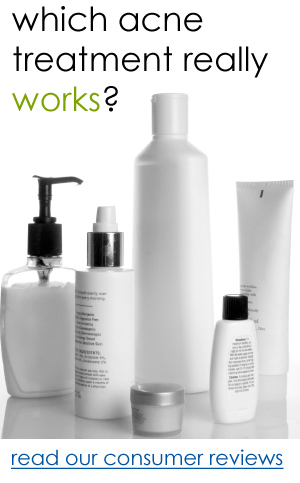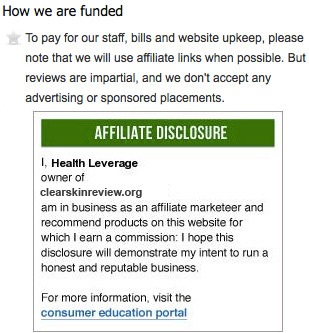Acne drug linked to risk of developing eye problems
Published:May 19th, 2012
©boogy man
Medications have undesirable side effects. There are times when these drugs cast negative effects on a single body part or on multiple organs of the body including our sense of sight. Acne drugs are reportedly a class of medication known to have this effect. Prescription medications for severe acne are said to be associated with eye disorders such as styes, conjunctivitis/pink eye, and dryness based on a research conducted in Israel. Isotretinoin (a.k.a. Roaccutane/Accutane, Claravis, Amnesteem) is the specific drug that is the target or subject of the study. This is the drug of choice for managing severe cases of acne. Among its side effects are birth defects and miscarriages among pregnant women, delays in bone development among teens, temporary visual disturbances and decreased night vision.
In this recent study in Israel, in which almost 15,000 teenagers and young adults were studied, an alarming 14% of those placed under isotretinoin treatment developed problems relating to the eyes within a year of taking the said drug compared to 7% of a zit-free comparison group. Researchers at the Tel Aviv Medical Center gathered data from the records of a prominent managed-care organization in order to quantify the incidence of eye problems among users of isotretinoin.
One researcher and primary proponent of the study expressed that close to one percent of teenagers begin isotretinoin regimen to deal with their acne each year according to the data from the Maccabi Healthcare Services System. Nearly 2,000 subjects from the study group exhibited inflammatory eye conditions. The study yielded the following results: those being given isotretinoin and later on formed eye disorders totaled 991; those with acne but not on the drug totaled 446 while 354 belonged to the pimple-devoid/acne-free group. Pink eye or conjunctivitis is the most prevalent complaint among the subjects. As chronicled in the Archives of Dermatology, 4 out of 100 individuals on the said medication were diagnosed with pink eye while only about 2 out of 100 individuals not receiving any medication for acne were treated for the same condition. This clearly shows that isotretinoin doubles the risk of contracting disorders of the eye, particularly conjunctivitis, among patients exposed to isotretinoin treatment.
Researchers attribute this phenomenon to isotretinoin’s power to disrupt the normal function of the glands in the eyelids known as meibomian glands. These glands are responsible for producing a sebum-like substance so that the eyes do not dry out. If these glands malfunction, the eyes become sore, inflamed or irritated. Another possible reason according to researchers is the fact that the presence of this drug and its metabolites in the tear film can lead to possible irritation of the surface of the eyes. Prolonged use of isotretinoin is known to result in drying of the mucous membranes, including those of the eyes.
Although isotretinoin poses a number of hazardous side effects, many others still view this drug as a wonder drug especially in terms of getting rid of stubborn acne, especially in individuals who are severely affected. Experts advise that it is very important to take proper preventive/mitigating measures to lessen negative side effects as soon as isotretinoin is introduced into the system. One helpful recommendation is to use eye lubricants along with these drugs to ward off irritation and drying. Another is the application of artificial tears particularly for people who wear contact lenses. One experts’ advice to parents who opt for this form or mode of treatment for their children is to first consult with an ophthalmologist before taking these drugs, and have their offspring’s’ eyes checked every three months for the first year they are placed under strict isotretinoin treatment plan.



Write a Comment of Acne drug linked to risk of developing eye problems